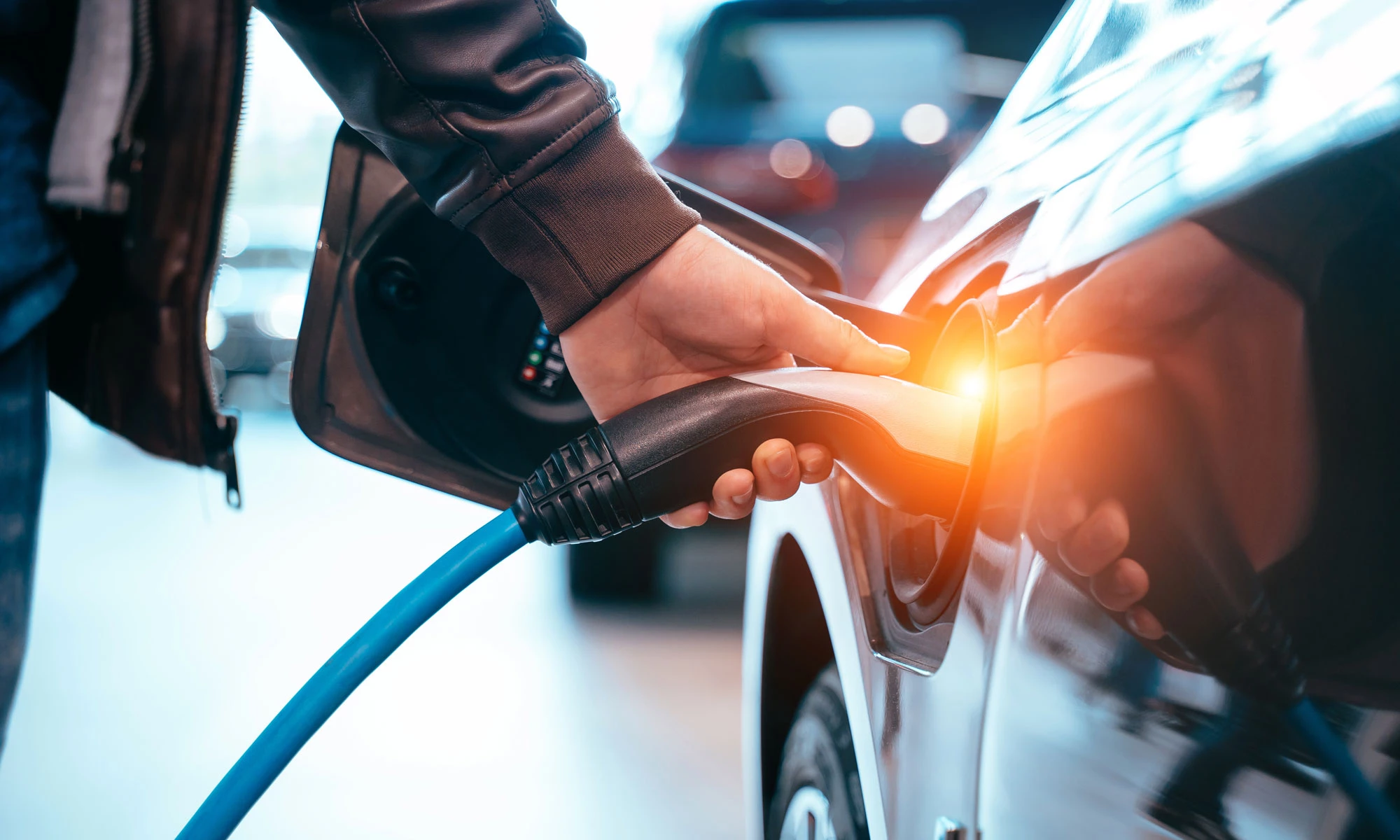The 1 million mark will fall
In January, 169,754 new passenger cars were registered on German roads. Although registrations are 31 % below the previous year’s level, it is worth noting that 9.6 % of registered passenger cars are electric. This represents an increase of approximately 11 8% over January 2020.1 A huge leap!
The Association of International Vehicle Manufacturers (VDIK) predicts that vehicles with alternative drive systems will continue to post strong sales figures in 2021. As many as 600,000 new registrations of battery electric cars and plug-in hybrids are expected. The magic number of one million e-cars on German roads is therefore likely to be exceeded this year.
The more exciting question, therefore, is: Which brand will the celebrator roll out of? Will it come from Tesla or is this honor reserved for a German company?
Range as a sticking point
In any case, the three German heavyweights have a lot planned for 2021. VW and Daimler each want to conquer the market with two new e-models, BMW even with three models.2 The biggest sticking point, of course, is the maximum range. According to a recent survey by ZEIT3, the price-performance ratio is still the most important criteria among German drivers after range. In the ADAC Ecotest, none of the German carmakers could beat the 451 km of the Tesla Model X 100D. Which model from the German giants will actually stand up to it in the coming year? BMW’s i4 and iX promise a range of up to over 600 kilometers4, and the Mercedes EQS even 7005.
The T-value
However, optimizing the range is only worth half as much if there is no charging station at the destination – this is confirmed by more than a third of the participants in the Munich Consulting Group survey. The German Federal Network Agency registered 34,056 charging points at the beginning of this year.
The T-value indicates how many e-cars have to share a publicly accessible charging point. People from the Bavarian district of Regen have it easiest in their search for a free outlet. There, 1.9 reported e-cars share a public charging point in November 2020. By contrast, the auto city of Wolfsburg is only ranked 331st with a T-value of 20.7. BMW and Daimler locations in Munich (ranked 378th with a T-value of 35.9) and Stuttgart (399/87.7) are even further behind.
Interactive overview: Click on a federal state to get an overview of the respective number of electric cars, charging points and T-value.
The German Association of the Automotive Industry fears that the gap between new registrations of e-cars and new installations of charging stations is widening. While an average of 13 e-cars still had to share a public charging point in November 2020, a T-value of 20 is already forecast by Easter 2021. The enormous increase in sales of e-models would have to be kept pace with and the number of new weekly installations of public charging points would have to be increased tenfold. The goal of having one million connections implemented in Germany by 2030 can only be achieved if around 2,000 new charging points are installed every week from now on, he said.
Innovation premium and environmental bonus
The acquisition costs of an e-car vary widely. For example, the new VW ID.4 starts at about € 38,000 gross6 for a BMW iX3, a starting price of about € 66,0007 is called for.
The federal government continues to provide support for financing an e-car. The innovation premium is still valid until December 31, 2021 and subsidizes pure electric vehicles with a net list price of more than € 40,000 with up to € 7,500. Buyers of plug-in hybrids can expect to receive up to € 5,625 in support. If the net list price is less than € 40,000, a subsidy of up to € 9,000 (pure electric drive) and € 6,750 (plug-in hybrid) is available.8
Additional incentives: The environmental bonus is extended until 2025 and charging at the employer’s premises is tax-free.
Own data collection: Most important aspects for the further development of e-mobility in 2021
The Munich Consulting Group also deals intensively with topics relating to electromobility. In a LinkedIn survey, a mood was sought on the most important aspects for the further development of e-mobility. According to the survey participants, improving the charging infrastructure (35 %) and a greater range (30 %) have the highest priority. Shorter charging time (20 %) and value for money (15 %) follow behind.
The complete survey can be found at the following link:
www.linkedin.com/posts/munich-consulting-group-gmbh_automobilindustrie-elektromobilitaeut-umfrage-activity-6764548611746357249-lEoS
1 German Federal Motor Transport Authority, January 2021
2 ADAC Germany, January 2021
3 Die Zeit, February 2021
4 BMW AG, February 2021
5 Daimler AG, February 2021
6 Volkswagen AG, February 2021
7 BMW AG, February 2021
8 Federal Government of Germany, February 2021

